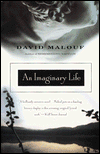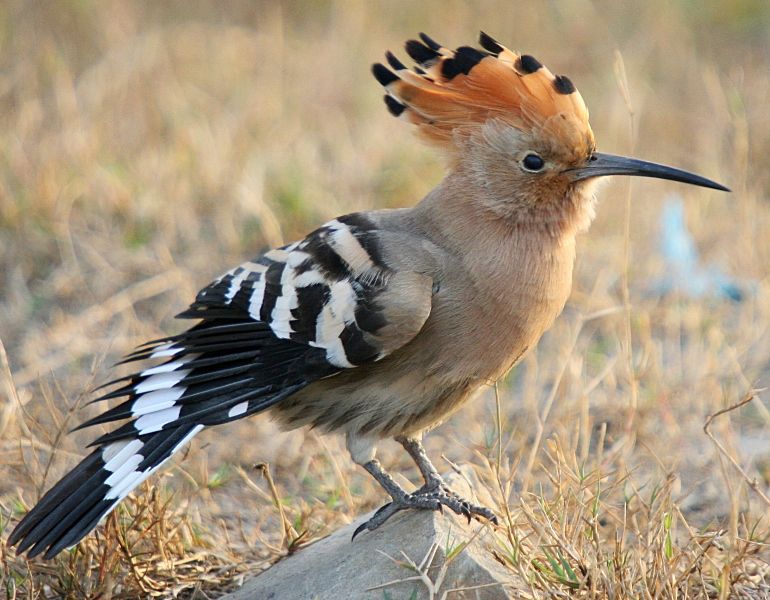
Everything is related in one way or another. Our class theme is “the past possesses the present” and its true. The past does posses the present. The way our minds work and think are because of past experiences and the knowledge that what has happened to us has happened to someone else in some other time. Like the Circular Theory, everything important happening now has happened before--and everything important will happen again.
David Malouf’s An Imaginary Life is a modern piece of literature, but that does not take away from how it relates to our class. We’re studying classical literature, yes, but also how everything is incorporated in everything else. The most obvious connection a person may make between An Imaginary Life and classical literature is the character of banishment. Ovid. Publius Ovidius Naso. He who is known for his metamorphic literature works way back in year 8 AD. He who was banished for some crime worse than murder. He who was never heard of again. As Malouf weaves the tale of Ovid during banishment, so many connections from past to present can be made. The character Ovid even recognizes his past pervading his present in the Child. When Ovid was young, there was a wild child in his life. When Ovid became old, the Child returned.
Our human brain tends to make unconscious connections for us. As Ovid connected the Child to the child of his past, we make connections from our past to our present circumstances. The past possesses the present. We can make the connections from Sophocles’ Antigone and our own struggles with drama between men and women, age and youth, society and the individual, living and the dead, and between men and gods. From Homeric Hymns, we can connect past characters to the characters of our present. From Plato’s Symposium, we can connect their discussions to our own discussions of love and friendship. From Aristophanes’ Lysistrata, we can connect their humor to the humor of our day and age. And from Malouf’s An Imaginary Life, we can connect his imagination and storytelling to our own need to relate experiences or ideas to one another.
Malouf’s piece of literature is a reenactment of Ovid himself. Ovid’s Metamorphoses is a grouping of stories that portray the change of a being to another being--even if that change is only minimal; some of his tales depict man changing into beast while others depict man having a change in personality. Either way, a metamorphosis has taken place. Malouf depicts Ovid as one who believes in his banishment; he believes he is supposed to be completely cut off from his past and does nothing to change that fact. However, as the character Ovid starts to accept his change of lifestyle, he himself is transformed. The Child is also a way for Ovid to change. Instead of transforming those around him, Ovid changes to relate and fit into his surroundings.
Our class, Classical Foundations of Literature, is exactly what it says it is, except, we study the classical foundations of not only literature, but of our existences. Like Ovid’s tales and Malouf’s imagined life of Ovid‘s banishment, we transform ourselves through our experiences and the past experiences of others, and we learn and change to adapt to our world.






